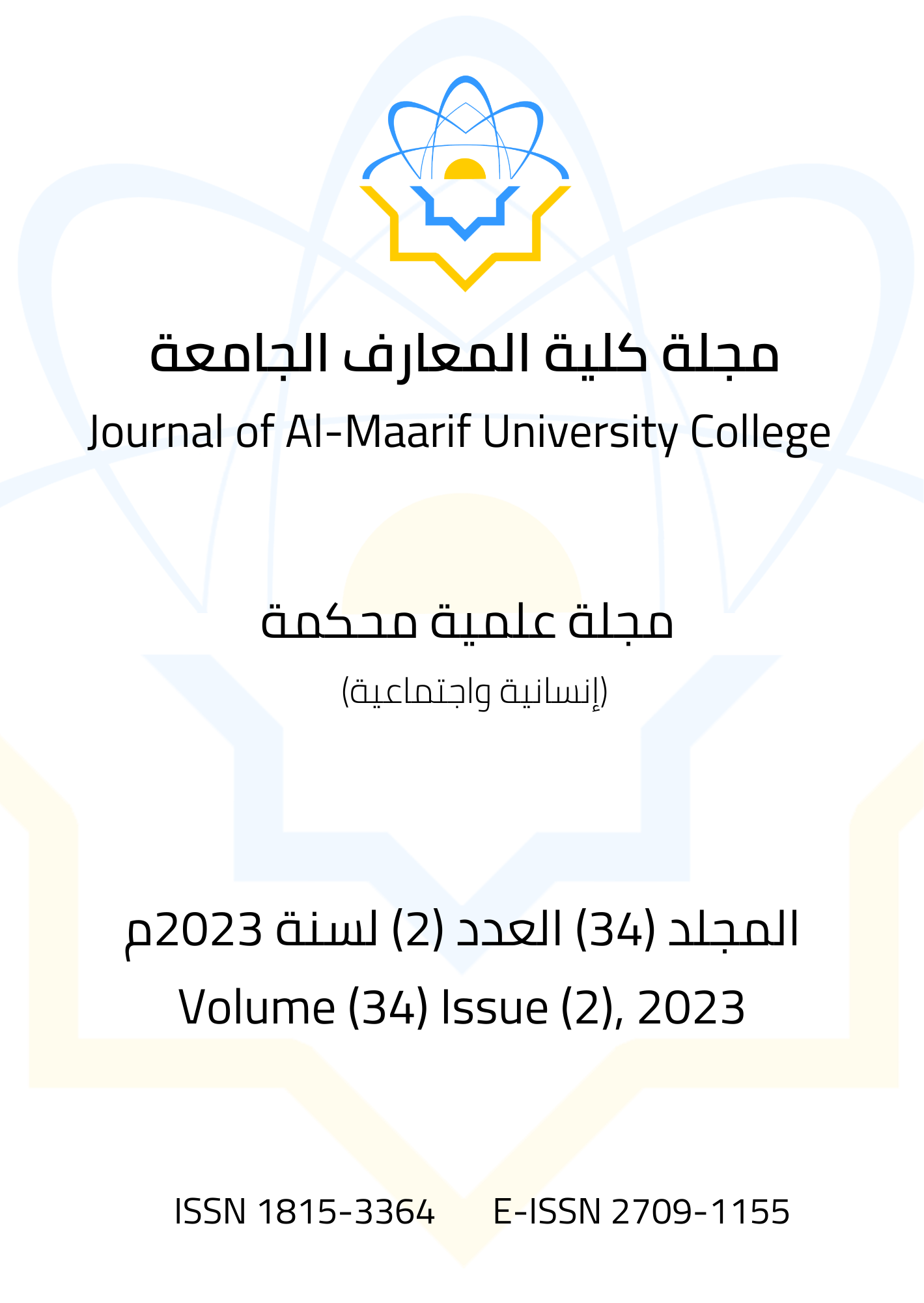Tourism From the Perspective of Islamic Jurisprudence
Main Article Content
Abstract
This research, entitled; tourism from the perspective of Islamic jurisprudence, a jurisprudential study, dealt with explaining the importance of tourism. It’s doubtless that tourism has great effects on the individual and society, and an explanation of what is meant by tourism in its contemporary sense: A group of human movements and the activities resulting from them, resulting from a person’s departure from his homeland, in order to achieve the desire for departure and change, with an explanation of its jurisprudential rulings and their legitimacy controls, and it is permissible as long as nothing changes its ruling, and there is no difference in its ruling between a man and a woman as long as each of them adheres to the legal controls. Human practiced tourism in ancient times, and tourism has now become one of the most important economic resources for countries, and tourism has benefits for the individual, including: the breadth of his knowledge and admonition of the situation of the former by understanding their situation, looking and contemplating the universe, as well as dealing with the motives that drive tourism, which may be religious or worldly, and clarifying that Islam has permitted recreation as a human need. Illustrating that traveling for tourism for recreation is permissible. The researcher has adopted several approaches: namely, the descriptive, analytical, and deductive approaches. The researcher has reached into several results, including: Tourism in the language means walking and going in the land. Tourism is a necessity and indispensable human need. Tourism is not a product of our time, but rather it is known from ancient times. And that our true religion calls for travel and tourism as they have noble purposes that lead to reaching the goal for which he was created, which is worship and contemplation of the universe, and that in principle travel is permissible except for an urgent reason, and that tourism is surrounded by the five mandatory provisions, so it may be obligatory, desirable, permissible, disliked, or forbidden, depending on what is meant by the tourist. Tourism to non-Muslim countries, if it does not lead to a forbidden act, then it is legitimate. Tourism in which the possibility of harm is often forbidden, and that the non-Muslim tourist must be treated well. Based on the results, the researcher made a number of recommendations, including: holding conferences and seminars to educate people and encourage them to tourism, clarify the jurisprudential rulings related to tourism, and obey the rulers and follow the divine scholars.
Article Details

This work is licensed under a Creative Commons Attribution-NonCommercial-ShareAlike 4.0 International License.

